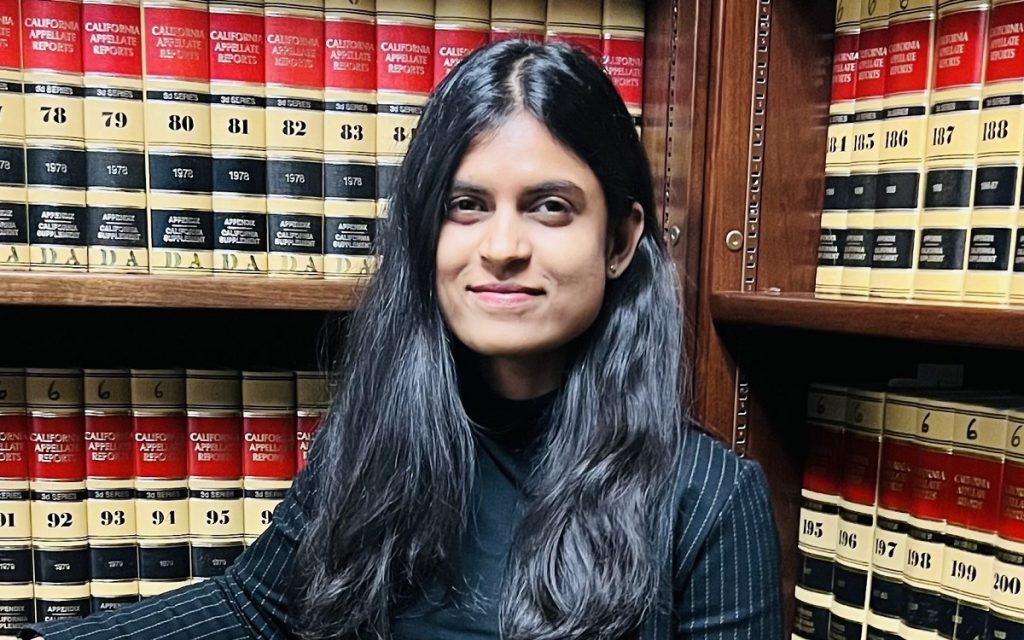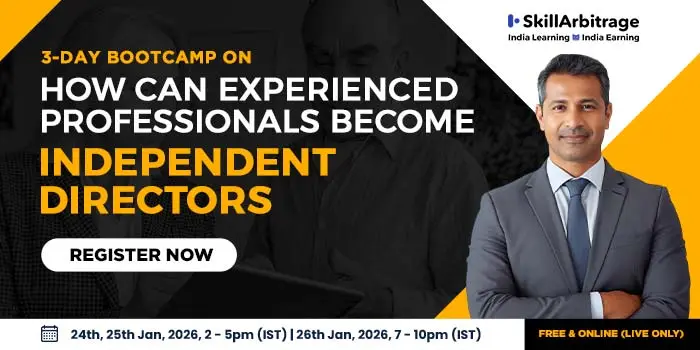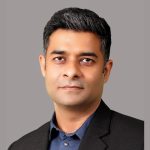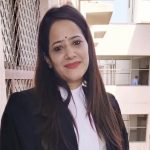This interview has been published by Anshi Mudgal and The SuperLawyer Team
As a dual qualified attorney in California and India, what first sparked your interest in the legal profession, and how did you chart your path in this field?
I come from a family of lawyers, so this profession was all I knew growing up. I didn’t realize the impact of my dad’s work at the time but saw how his efforts positively affected his clients. I remember that on many occasions, they wouldn’t have enough money for his full fees but would bring him part of their seasonal harvest. Other than that, it came to me more naturally than most people, it never felt like work, and I was so excited to go to law school and later into litigation. Isn’t it a privilege to be in a position to make a difference in people’s lives and also get paid for it?
For California, I never had plans to move, but I absolutely fell in love with the state and decided to get licensed in the one thing I knew law!
You recently passed the California Bar Exam on your first attempt. What preparation strategies proved most effective for you, and what advice would you offer to others aspiring to clear it? How has this qualification expanded your professional scope?
As for preparation, I took an online bar prep course called Themis. Going to Berkeley Law for my LLM definitely helped, as it put me among the smartest people who have a reputation for passing this difficult exam on their first attempt. Also, it’s crucial to know one’s learning style. I really appreciate learning from my own handwriting, so I wrote everything down even though my bar prep tool didn’t ask me to. I also know that I panic toward the end, so I developed my own timeline, which was different from what the bar prep suggested. I took a study leave from work and had just one goal for those 12 weeks. I ate, slept, meditated, everything centered around my bar prep. Honestly, I loved the drive of taking on something so challenging and had fun with it. There’s no one-size-fits-all way to go about this, and I’m happy to answer specific questions for whoever wants to take this exam.
As my interest is in litigation-related work, I wouldn’t say it expanded my scope; rather, it created any scope that exists, because one cannot take even a tiny step in litigation without a license to practice.
Moving from legal practice in India to building a career in the United States must have involved navigating many differences. What were the key hurdles you faced in adapting to the U.S. legal system, and how did you overcome them?
Oh, so many! I did not have anyone from my family or extended family who was a U.S. lawyer. From choosing law school to taking the bar, applying for internships, jobs, and visas, every step presented hurdles, or should I say, kept life interesting, as my friends like to put it. The biggest one for me is the visa, with, dare I say, the state of affairs right now. Also, finding a job in the U.S. is so different from India. In India, we don’t network enough, which I had to teach myself after moving here. I want to give credit to Berkeley, as they had a whole program to train international lawyers to get acquainted not just with the U.S. legal system but also with its unique job market. I didn’t expect it, but my Indian work experience was valued by U.S. employers as I think the two things, we have in common with them is that they value the “grind,” which they could supposedly see in my resume, and our common law system and that’s probably why I was a preferred candidate for many jobs I applied to before joining the Office of the District Attorney, Alameda County.
Work environments in both countries are completely different as well. There are different work ethics, professional relationships, sense of humor, and protocols. However, one funny realization is that lawyers everywhere are more or less the same kind of people so it was still a familiar territory.
You have served as an editorial board member for leading legal publications and also worked as a law clerk. How did these roles deepen your understanding of the U.S. legal system and prepare you for your current role?
U.S. law school journals, and also Indian ones- stimulate a legal mind well. It’s so good to become aware of different ideas, methodologies, and international legal issues, and I think my favorite part of being in a journal was building community with like-minded people. I was in the Ecology Law Quarterly with other environmental law nerds and had some great academic and fun discussions in the process.
My clerkship with the District Attorney’s Office was my first U.S. job, which makes it special to me. I feel fortunate to have worked for a highly reputed government office in the Consumer, Environment, and Special Litigations Department. It was a fast-paced environment, and there couldn’t have been a better way to learn U.S. law and see it in action than that. I worked on civil procedure assignments, evidence code, and criminal code all at once. One of my first assignments at the DA’s Office involved prosecuting a corporation after a factory fire that significantly affected air quality for people in that vicinity, given California’s high ambient air quality standards. These assignments strengthened my understanding of environmental enforcement and also informed my approach to research, brief-writing, and attention to detail in my current role.
During your LL.M. at UC Berkeley, you specialized in Energy Law and Clean Technology while contributing to journals like the Berkeley Technology Law Journal and Ecology Law Quarterly. How did these academic and editorial experiences influence your perspective on the intersection of law, technology, and environmental sustainability?
A topic that’s very close to my heart is climate change. We treat it as “important” but not “urgent,” which troubles both my personal and legal mind. At Berkeley Law, I enrolled in courses such as Environment and Energy Law, subscribed to technology- and environment-related journals, and participated in clean energy student groups to engage with these issues and understand the work of scholars in the field. Being surrounded by like-minded people strengthened my commitment and deepened my understanding of how cleaner technologies are urgently needed on a global scale. The intersection of use of environmental resources and law is particularly interesting to contrast between the US, Europe and Indian laws. We have many vulnerable communities who get affected first by the impacts of degrading environment and climate crisis, and there is a lot of work that remains to be done to protect them.
In your current role, you work to support mesothelioma victims and their families. What drew you to this area of law, and how do you balance the legal complexities with the human and emotional dimensions of these cases?
I honestly don’t know how to answer this question. From my practice in the Allahabad High court, Lucknow, to here in California, I have struggled with getting too attached to the outcome and client’s problems. I don’t know if that makes me a better or a worse lawyer. But I try to overcome that by something my senior told me early on during my India days that “you play a very small role in the grand scheme of things.” I owe my client to do my best work for their entrustment in me as their lawyer but I sure cannot change their destiny. Very recently, a client of mine passed away from mesothelioma (cancer) before the case went to trial which happens more often than not in this field. I witnessed his struggle through the deposition and eventually he just couldn’t make it to the end of the case. It breaks my heart but if I have done my role well, then it becomes easier to strike that balance. This also keeps me on my toes to put in the hard-work.
What advice would you give to students aiming for an international legal career, and how can they stay ahead of global legal developments?
Just a few simple things. First, one needs to figure out if they want to study here, do an LLM or a JD, or directly take the California Bar (the only U.S. bar open to foreign attorneys without coursework). My advice would be to study here first, as it helps one get acquainted with the culture and decide whether it’s the right fit. Moreover, getting a job is nearly impossible without a strong network, which a renowned university greatly helps with. A warning it is very expensive. I chose Berkeley over other good colleges that offered me scholarships because it was one of my dream schools, but one should always rank priorities according to their circumstances. Advance research on scholarships and on-campus jobs could help. I had an on-campus job that helped me a lot financially during school. It’s important to work smart so if the plan is to immigrate to a new country, students should also consider Canada, Singapore, or the UK (the more welcoming ones in today’s environment).
One thing I would have done differently is to have a better long-term plan at least a year in advance of actually applying. I didn’t understand at the time that this decision would completely reshape my life as I know it. But I would love to help anyone who has doubts about the process or wants to learn from my experiences feel free to reach out to me on LinkedIn.
With the demands of your profession, how do you maintain balance in your personal pursuits, and what is your vision for the future of your practice?
The litigation work culture in the US is similar to India as the work never stops from the inception of the case till the verdict. One can easily preoccupy themselves as there is always so much to do. However, in my experience, that sometimes leads to isolation, and when you are thousands of miles away from family, building a community becomes equally important. When I’m not working, I spend time with my friends, which is my number one priority as rejuvenated weekends significantly boost my motivation through the week. We often travel and hike in nature, as California is truly blessed with pleasant weather throughout the year. Of course, there are weekends that turn into working ones when the need arises like meeting a court deadline on Monday but I don’t mind that because I genuinely love what I do and take pride in showing up for my clients who are unfortunately struggling to live.
I’ve always believed that being a lawyer is nothing less than a superpower- it gives us the tools to understand, question, and change things that most people simply have to accept. Right now, my focus is on mastering California law and becoming as confident in this system as I was in India. The process of adapting to a new legal culture has been challenging but also deeply rewarding it’s pushed me to grow, think differently, and refine my craft. Whatever I’ve gained intellectually, I’d definitely want to leverage it to contribute to the Indian legal landscape in different ways, for eg. I am working on a research paper on a social legal challenge that India faces; Grow as a multi-jurisdictional professional, and have fun along the way.
Get in touch with Shreya Chaudhary –





Very inspiring interview. Shreya appears to have reached every place through sheer dint of hard work and grit. Questions have brought out the best in her. Clarity of thought ,passion for law and vision for future. Influencer .